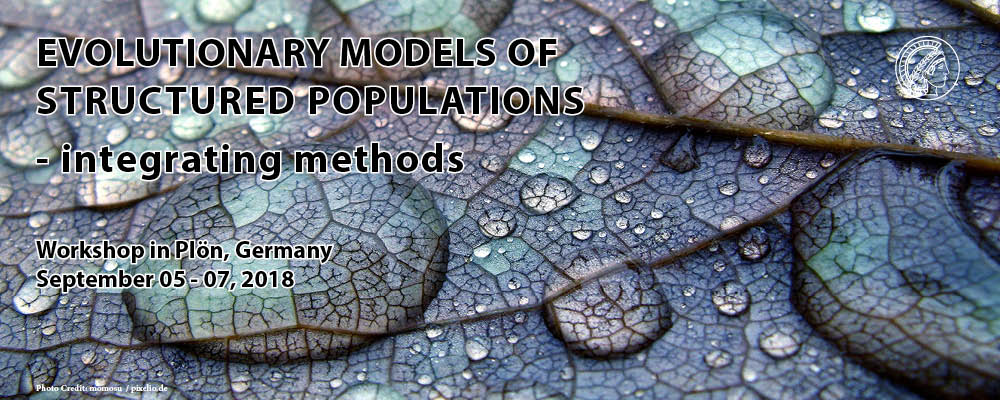Speaker
Description
There exists a large number of measures and algorithms designed to detect the effects of positive selection from population genetic or genomic data. However, most of these methods are based on a panmictic population model, while real-life populations often consist of subpopulations (demes) with limited migration. In such cases, a few extra factors exist compared to the standard selection model: a deme experiencing a selective sweep could have the adaptive allele arising within itself (native sweep) or immigrating from another deme (imported sweep); for an imported sweep, the allele may or may not be beneficial in the recipient deme. An imported allele from an adapted deme can increase its frequency faster than by drift alone, if the migration rate is high enough, even if it is not beneficial in the recipient deme. In addition, sweeps can arise from a single beneficial mutation (hard sweep) or from standing variation and environmental change (soft sweep). Finally, sweeps at different stages (e.g., ongoing vs. finished) produce different genetic footprints and can complicate detection if the model only accounts for one time snapshot. To distinguish these situations, we simulated spatially subdivided populations with a forward-in-time algorithm and under different selection and migration regimes. Using a combination of summary statistics based on frequency spectrum, haplotypes, linkage disequilibrium and coalescent topology, we employed machine learning algorithms to classify patterns and to determine the genomic location and the migration history of adaptive alleles.

